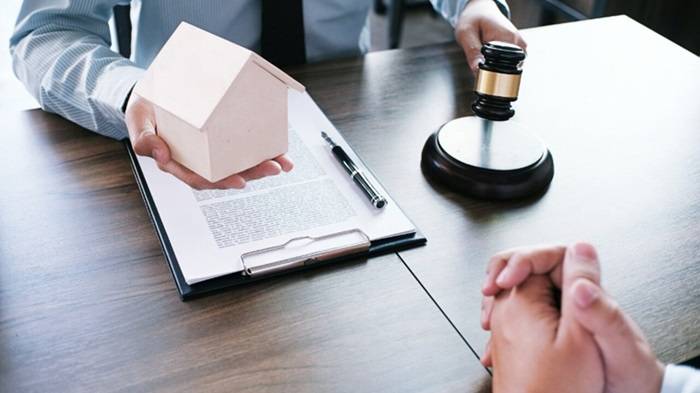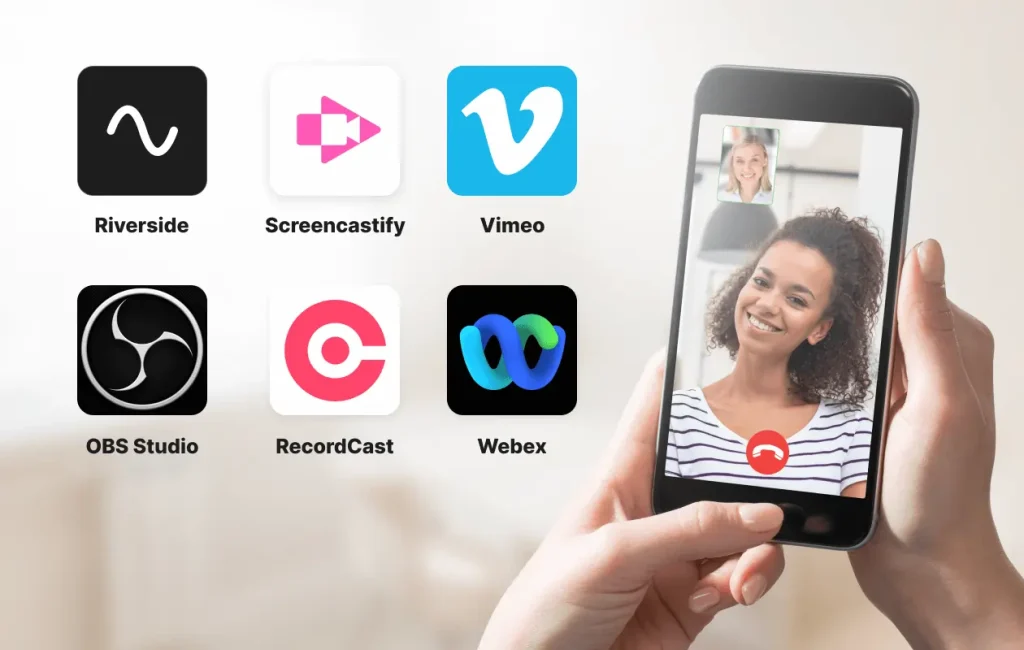In today’s fast-paced world, phone calls remain an integral part of communication. Whether it’s for professional purposes or personal matters, recording phone calls can be invaluable. From preserving important information to ensuring accuracy in interviews or meetings, knowing how to record phone calls can prove to be a handy skill. In this comprehensive guide, we’ll explore the various methods and tools available for recording phone calls, along with the legalities involved and best practices to ensure effective recording.
Understanding the Legalities:

-
- Before delving into recording phone calls, it’s crucial to understand the legalities surrounding this practice. Laws regarding recording phone calls vary from country to country and even from state to state within certain countries.
- In many regions, it’s mandatory to obtain consent from all parties involved before recording a phone call. Failure to do so can lead to legal repercussions.
- Research the laws applicable in your jurisdiction to ensure compliance with regulations. Ignorance of the law is not a valid defense in legal matters.
Methods for Recording Phone Calls: a. Built-in Phone Features:
- Some smartphones come with built-in features that allow you to record phone calls. Check your device’s specifications and settings to see if this feature is available.
- Note that not all smartphones offer this functionality, and even among those that do, the process may vary. Refer to your device’s user manual or online resources for guidance.
b. Third-Party Apps:
- There are numerous third-party apps available for both Android and iOS devices that facilitate call recording. These apps often offer additional features such as cloud storage, transcription services, and customizable settings.
- Popular call recording apps include ACR Call Recorder, Call Recorder – ACR, and TapeACall. Before downloading any app, read user reviews, and ensure it complies with legal requirements in your area.
c. Hardware Solutions:
-
- If you prefer a more traditional approach, consider using hardware solutions such as call recording devices or adapters. These devices can be connected to your phone to capture audio directly.
- While hardware solutions may offer superior audio quality, they can be more cumbersome to set up and may require additional investment.
Setting Up Call Recording:
-
- Once you’ve chosen a method for recording phone calls, familiarize yourself with the setup process. This may involve installing an app, configuring settings, or connecting hardware devices.
- Test the recording setup to ensure everything is functioning correctly before recording important calls. Familiarize yourself with the recording controls and make any necessary adjustments to optimize audio quality.
Best Practices for Recording Phone Calls: a. Obtain Consent:
- Always obtain consent from all parties involved before recording a phone call, unless you are in a jurisdiction where one-party consent is sufficient.
- Clearly inform the other party that the call is being recorded and provide an opportunity for them to consent or decline. Respect their decision and refrain from recording if they do not consent.
b. Notify Participants:
- Even if consent is not legally required, it’s good practice to notify all participants that the call is being recorded. This fosters transparency and helps avoid misunderstandings.
- Consider stating at the beginning of the call that it will be recorded for documentation purposes.
c. Respect Privacy:
- Be mindful of privacy concerns when recording phone calls. Avoid recording sensitive or confidential information unless absolutely necessary.
- Store recorded calls securely and take measures to prevent unauthorized access or disclosure of the recordings.
d. Review Applicable Laws:
-
- Stay informed about the laws and regulations governing call recording in your jurisdiction. Familiarize yourself with any updates or changes to ensure continued compliance.
Using Recorded Calls:
-
- Recorded phone calls can serve various purposes, from preserving important information to conducting research or analysis. Here are some common uses for recorded calls:
- Archiving important conversations for future reference.
- Reviewing interview or meeting recordings for accuracy.
- Extracting key insights or quotes for articles or reports.
- Providing evidence in legal proceedings, if permitted by law.
- Recorded phone calls can serve various purposes, from preserving important information to conducting research or analysis. Here are some common uses for recorded calls:
Recording phone calls can be a valuable tool for preserving information, ensuring accuracy, and facilitating communication. By understanding the legalities, choosing the right method, and following best practices, you can effectively record phone calls while respecting privacy and legal requirements. Whether for professional or personal use, mastering the art of call recording can enhance your communication capabilities and provide peace of mind.


